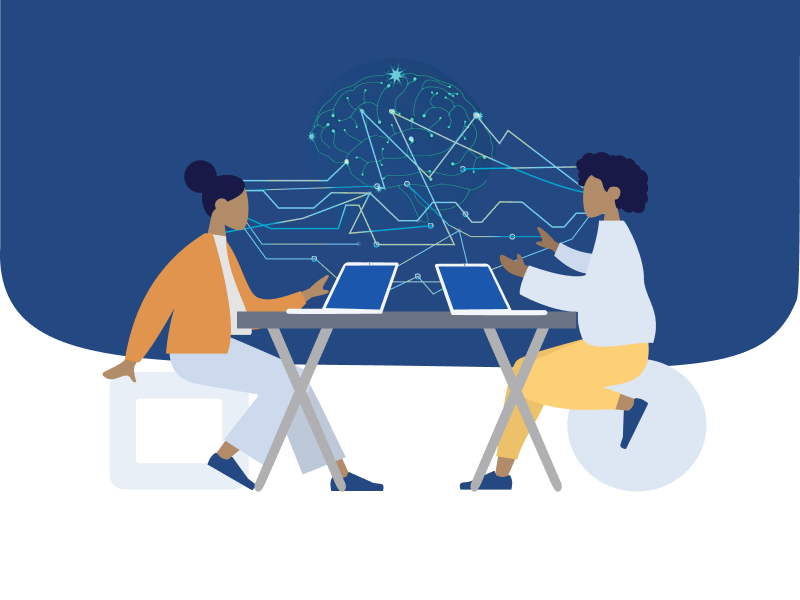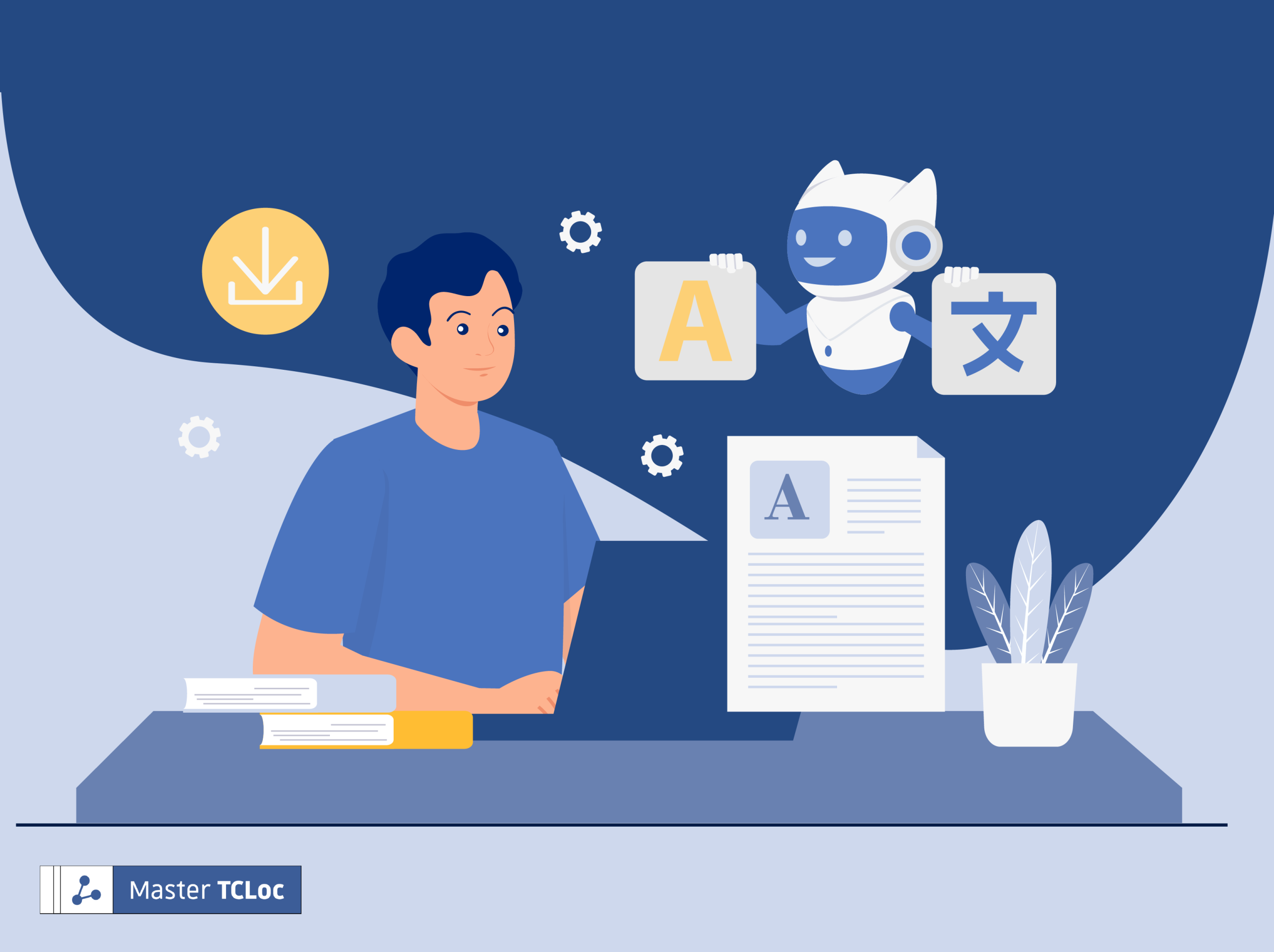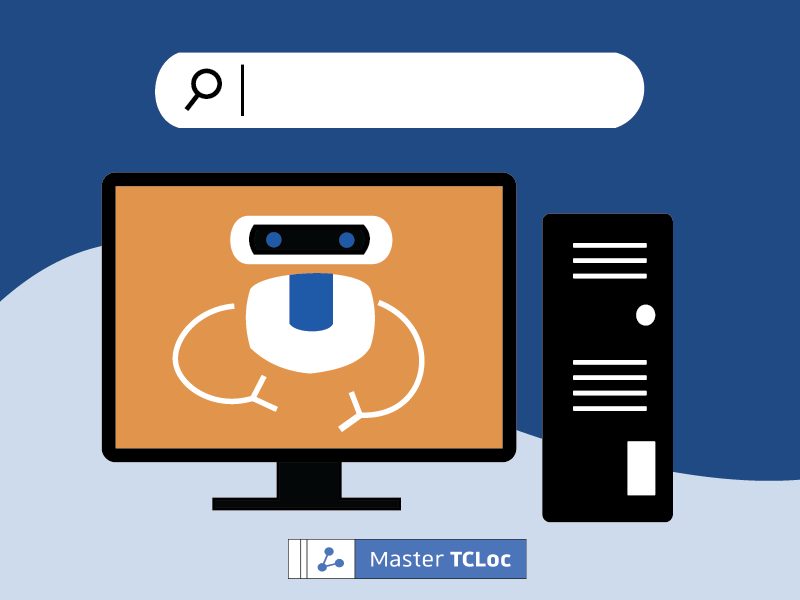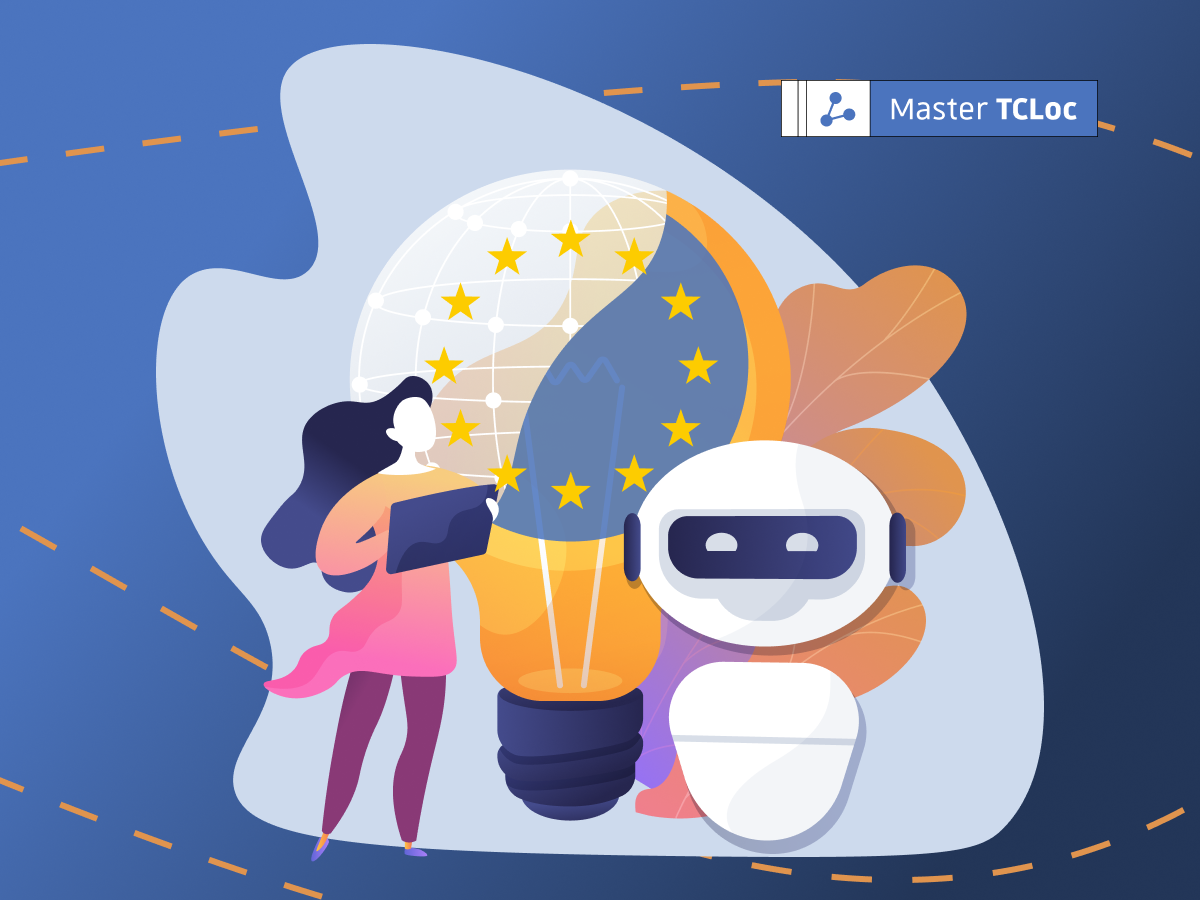In this article, you will learn how to survive as a Technical Communicator in an Artificial Intelligence – determined Future.
Table of Content:
- Artificial Intelligence Evolves
- Find Your Competences Beyond Standardization
- Define your Future Competence Area in Collaboration with Artificial Intelligence
- Develop your Profession with Artificial Intelligence as a Supportive Tool
- Get Involved into Your Company’s Future Needs
- Start Now!
Artificial Intelligence Evolves
Do you follow the news of the recent developments in Artificial Intelligence? Have you, as a technical communicator, been affected by some harbingers of the technical transition ahead? Maybe you already noticed the supportive effect of machine learning systems but also the challenges and changes that come with them?
With a transition comes uncertainty. If you feel uncertain about Artificial Intelligence and how it will affect your professional field of technical communication, try first to assess it in relation to the prior transitions which have already occurred. As such, only two immense transitions we have gone through will be associated with globalization and the digital revolution. From those transitions we derive the understanding of the extent of the transition ahead: it will be total.
Artificial Intelligence gains ground. IBM Research calls it “fluid Intelligence” which means that Artificial Intelligence is supposed to “[…] combine different forms of knowledge, unpack causal relationships, and learn new things on its own.” The capability of learning independently probably is the most frightening to us as we seem to have had reserved this process for humankind. Still, as the digital revolution came to us and occupied many areas of our professional and daily life, many of us got used to the new accelerated pace of life very quickly even though the internet and all its supporting devices showed a certain intelligence that had not been known till then. Be aware of the fact that the human suspicion towards technical devices is as old as time.
Recent discussions about Artificial Intelligence point out that the work in professional fields with a high degree of education may be completely or partly automatized in the future. According to those debates, the standardization which is now a well-paid and important part of many professions will turn into a replaceable part. Consequently, it is important to get prepared in order to weather the transition and to position yourself accordingly for the future.
Below, I will share useful insight and well-conceived recommendations which can form your starting point as well as shape your perspective for your future as a technical communicator in an Artificial Intelligence-determined environment.
Find Your Competences Beyond Standardization
I started as a regular freelance translator, who was very much interested in translating poetry or fictional literature, but I found out very soon, that this was not the path to pursue. Five years later I ended up as a legal translator, who translates all kinds of legal documents which are highly standardized, but cost the clients much more than the translation of a sophisticated poem by an unknown author. My story does not end here as I chose to apply for the TCLoc Master’s Program which will guide me to find my place in the world of technical communication.
This is just one story out of so many that highlights how the professional fields that demand high levels of education also consist of a high degree of standardization. Standardization can also be sophisticated, but it is not creative and it is easily conquerable by well-functioning, intelligent algorithms as we can see demonstrated already by DeepL, a neural machine translation solution out of Hamburg. Consequently, fields involving standardization are the ones who will likely suffer initially from the transition ahead. We have to find out how we can preserve our value if this truth is going to toy with our competencies.
We don’t know exactly what Artificial Intelligence will look like in the future, but we can already tell a bit about the shape it will take. Fluid intelligence might turn our understanding of our own intelligence upside down: new challenges will arrive with new competencies. With this, our understanding of higher-education will experience some twists and turns as the importance of human skills will probably change.
Define Your Future Competence Area in Collaboration with Artificial Intelligence
So let’s have a practical look into this. Technical communication consists of two parts: technical and communication. The technical part will probably be overtaken very quickly. It is not the degree of complexity that is to be taken into consideration. It is the amount of logical and maybe repetitive working parts which can be easily assessed by an algorithm. The writing of mostly standardized documentation such as manuals, the fulfilment of legal requirements regarding the target market of the product and the products’ assembly instructions might be automatized soon.
The situation is different with communication. As we all know, language professions are already transforming. Machine learning systems have already shown to have a huge impact on the daily work of the translator. But, still, there is this human part in communication which is non-existent on the rational level. Humans don’t want to communicate with robots. Not even if the machine is more intelligent than they are.
A technical communicator has to coordinate and has to communicate plans of coordination with many people in the company. The technical communicator has to motivate the team in order to reach common milestones and in order to celebrate accomplished projects. Additionally, and most importantly, the technical communicator has to communicate with the target group. This individual has to adapt the documentation to this special group consisting of humans which has not only to be analysed but also understood. It is important to concentrate on the parts of work which will not be overtaken even though the tools will appear to have the capability to work on those tasks satisfactorily.
Develop Your Profession with Artificial Intelligence as a Supportive Tool
Artificial Intelligence might sound frightening to us right now. Nonetheless, it is deep within the history of humankind that humans have to prepare for unknown future transitions. Artificial Intelligence can be embraced and welcomed as a new tool which will turn our world upside down and which will make it better on the one side and worse on the other. Transition comes with both advantage and disadvantage.
The most important thing is to perceive the advantage and minimize your personal disadvantage. Artificial Intelligence will definitely be an enriching tool for many professions and part of our personal daily life. We have seen a similar development with the invention of the mobile phone. Many of us surely wouldn’t consider reversing this invention. We have to adapt to the upcoming perspectives and we have to educate ourselves.
Artificial Intelligence is not a mysterious miracle which cannot be understood. We, as technical communicators, have to find information ourselves and we have to adapt documentation to certain target audiences. Let’s regard Artificial Intelligence as a new product which we have to write the documentation for. Write the documentation for yourself. You are the target group. Get acquainted with the new tool which we will have at our disposition in the future, and analyse it in order to get prepared.
Get Involved into Your Company’s Future Needs
After you’ve sufficiently analysed your own target audience regarding Artificial Intelligence, do the same with your company. You can be the person who is aware of the future transitions and who will be able to recommend strategies to your company in order to master the challenge in a beneficiary way. As this is also part of the job profile of the technical communicator: raise awareness in your company for certain needs.
During the Tekom training I’ve learned a lot about the fact that technical communication is a new field of work which has to be justified within companies as they often don’t see the need of investing in high quality documentation. Consequently, you, as a technical communicator, are able to take your experience concerning in-house negotiations and enlarge it onto the future role of Artificial Intelligence in the company.
Start Now !
To express this in a nutshell:
- Adapt your knowledge and your professional routines to Artificial Intelligence.
- Take responsibility for your own future and do what you can do best:
- analyse the new product,
- educate yourself about new possible parts of your professional field,
- find strategies in order to implement Artificial Intelligence into your professional environment as a supportive tool.
- Find solutions for your company and develop strategies that will allow your company to not only weather the transition, but also to find its new position on the market afterwards.
- Find the part of your work that will remain irreplaceable in an Artificial Intelligence-determined future.
On our Master’s Program blog there is already very useful information and interesting articles about our future with Artificial Intelligence, so I recommend you starting right here!



